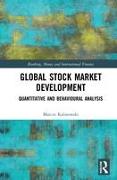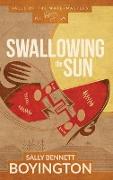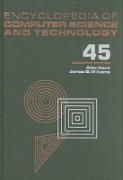Gender and the Environment
BücherAngebote / Angebote:
Campaigns to redress gender inequities and injustices have resulted in significant achievements towards equality, especially for well-educated, career-orientated, white women in the West. However, such campaigns have primarily been conducted in the male-dominated arenas of public politics, paid work, and education, and the 'successes' of women's equality are usually calculated by the masculinist values of politics and the workplace. These, the learned editor of this new Routledge Major Works collection avers, are the very values-predicated on continuous economic and material growth, fuelled by consumption and competition, and combative politics-which are destroying the world's environment at a dizzying rate. However, since the late 1960s, a growing environmental awareness, combined with the third-wave feminist movement in the West, has challenged this worldview, particularly the liberal notion of 'equality' based on women achieving masculinist economic and social norms.
Uneasy with the horror of a world in which everyone striving for 'equality' would end up consuming at the rate of an average Western male, the newly emerging ecological feminism of the 1970s argued that what constitutes 'success' needs to be reimagined, in other-arguably feminist/feminine-ways. This way of thinking prompted a reconceptualization of the relationship between environment and gender, with distinctive debates emerging variously in North America, Australia, New Zealand, the UK, Scandinavia, and France. The work of feminist critics in the Global South have both developed and challenged these debates, and have drawn to public attention the most egregious examples of how environmental impacts consistently, and structurally, exacerbate the inequalities that women and girls endure, especially in poorer parts of the world. Literature developing the links between environment, development, and gender has broadened the earlier Western eco-feminism discourse, and has also influenced-albeit selectively-various development strategies by global institutions (such as the World Bank, the Asian Development Bank, and various UN agencies) and NGOs (notably, for example, Oxfam).
Questions about how we want to live in relation to our environment have arguably never been more urgent and this new title from Routledge's Critical Concepts in the Environment series answers the need for an authoritative reference work to make sense of the growing-and ever more complex-corpus of scholarly and campaigning literature on gender and the environment, and the continuing explosion in research output. Drawing on a wide variety of sources, Susan Buckingham has brought together in four volumes canonical and cutting-edge work to produce an indispensable 'mini library'. The collection is fully indexed and includes comprehensive introductions, newly written by the editor, which place the collected materials in their historical and intellectual context. It is an essential reference collection and is certain to be valued by scholars and students-as well as by serious policy-makers and practitioners-as a vital one-stop research and pedagogic resource.
Lieferbar in ca. 10-20 Arbeitstagen



